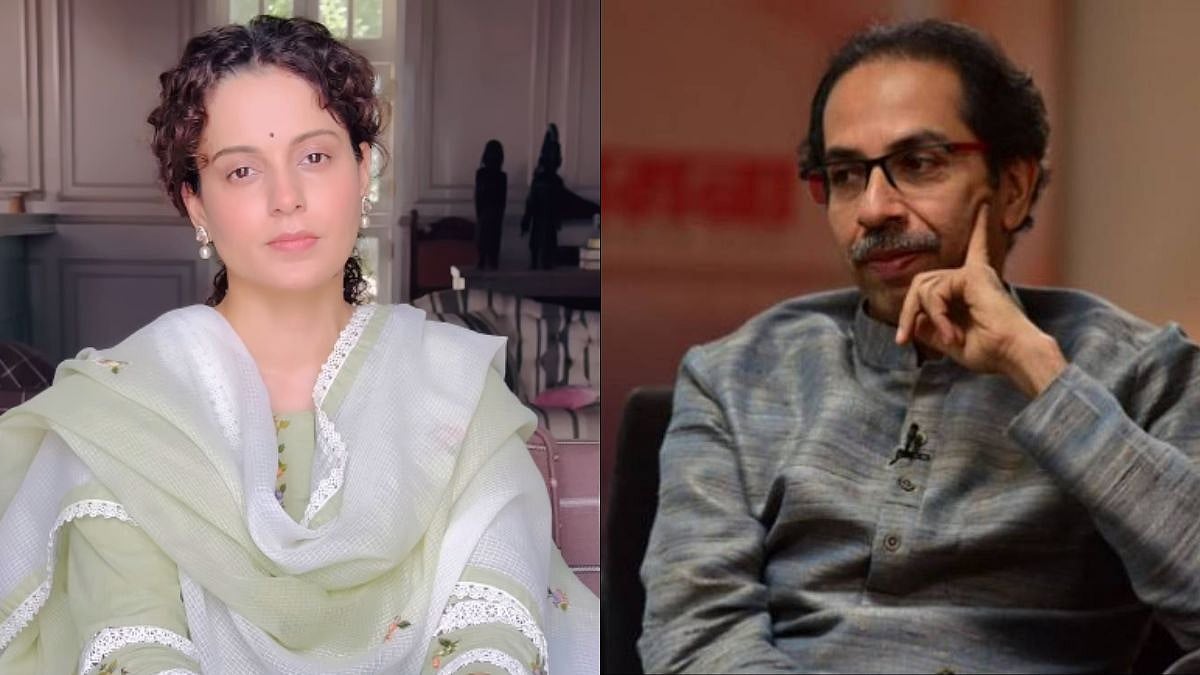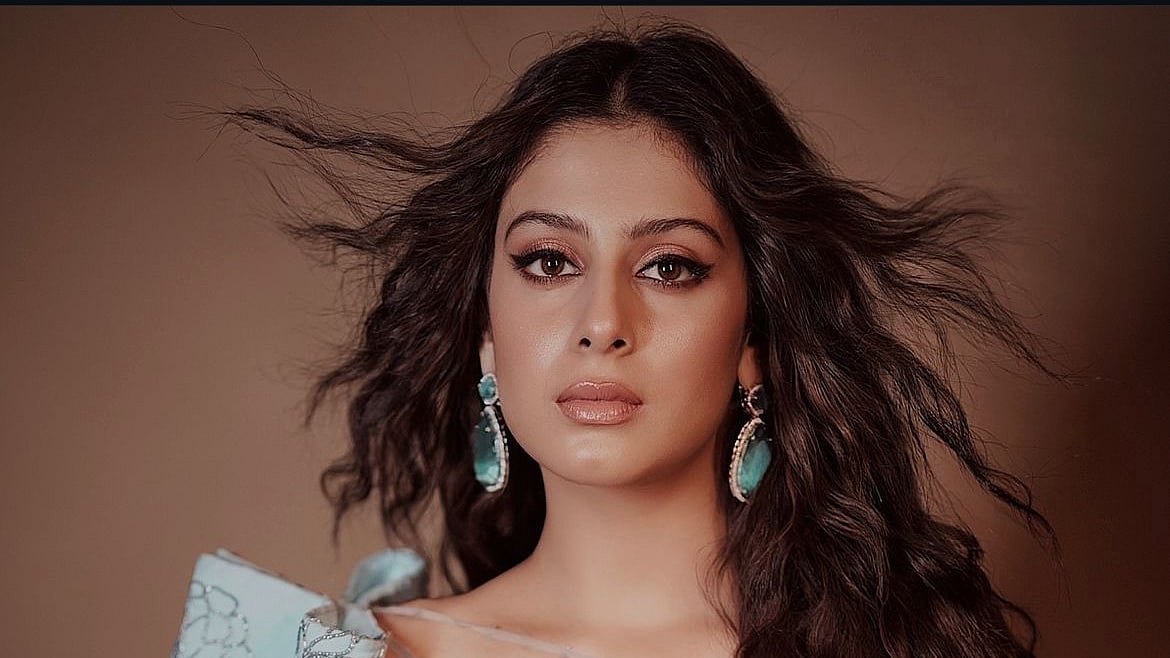In a career spanning nearly four decades, Claire Denis has frequently been drawn to telling stories set in conflict zones, especially Africa. Nearly six months since the war in Gaza began, and the world continues to watch helplessly, the iconic 78-year-old French filmmaker spoke about how she hoped humanity would have learned from the follies of history.
“Today we watch TV and we know for sure that the world is violent. I started making films believing there would be less and less violence. That the future could be sort of, not peaceful, but less violent. But today, I am afraid to feel the violence,” Denis said, at Qumra, Doha Film Institute’s annual talent incubator event in Qatar, recently.
“We are in a world where the violence is hurting our feelings and our hope. It almost feels like my youth was a lie. And this violence is something I feel deeply in my flesh and bones,” she said.
Clad in a black leather jacket, blue jeans, and black sunglasses, Denis looked relaxed as she reflected upon the origins of her film journey.

Chocolat (1988) | Pic: Doha Film Institute
She elaborated on how growing up in the African continent until her teenage years enabled her to tell authentic stories from the region.
“The first country I grew up in was Cameroon, which borders Nigeria. Also, half of Cameroon is English-speaking. My parents and I were speaking a sort of Creole English that everybody speaks in that region,” she said. “In my family, we would never ask someone to clean our shoes. It was like this French attitude of being on the border of shame, in a way. You know, knowing that we are equal as humans, but for a little salary, you are cooking for me.”
“When we arrived in France, I went to college,” Denis continued.
“My first surprise was that they accepted me at the film school. I was completely uneducated in film. I was watching a lot of films at the cinema, but I was very late for it, unlike the other students. My culture was tiny. I think it gave me a sort of rage of suddenly believing that my country was cinema. As for France, I felt like a little bit of an outsider. Although I was shy and a woman, I felt that I could try (making films) because I knew other things (from my experiences in Africa).”

Both Side of the Blade | Pic: Doha Film Institute
That explains why for her first feature, the Cannes Film Festival Palme d’Or nominated Chocolat (1988), Denis delved deep into her own experiences of growing up in West Africa, coping with an unmistakable air of racism. In the semi-autobiographical film, a young French woman revisits her childhood days in a colonial outpost in Cameroon, where she’s flooded by memories, particularly of the family servant, Protee.
Denis points out that she can tell stories with honesty, including the ones she hasn’t experienced.
“I have never driven a train (referring to the train driver protagonist in 35 Shots of Rum). But I know the solitude, the loneliness. I know the way someone could feel a sort of strange darkness that could lead to violent despair. And that’s what I need to know,” she said.
While discussing a flurry of filmmaking challenges, Denis dissected her decision to portray heroic female characters without putting them on a moral pedestal. “The women (in my films) are portrayed like they are my sisters or daughters. They are not so different. I am not a perfect person; I have flaws. I am interested in showing the flaws of a woman, as a woman. Like cheating on someone you love. If a man shows a woman who cheats, she’s a woman of nothing (no morals). If I show it, like I did in some movies, she’s me. So I cannot deny its existence and reality. The world sees a heroic woman as a nurse who will take care of people or as a good mother who will sacrifice herself. I always thought I like women who lead a heroic life, but they can also be a bitch.”
The irony of discussing cinema and stories from conflict zones, while being in the Middle East so close to the Gaza conflict, was not lost on Denis.
“There is so much dissonance in the world today. Everyone wants to stick to their own beliefs today. There is still a conflict over religion as it used to be in the old times. I couldn’t have believed that the 21st century would be an era like that,” she said.




.jpg)






